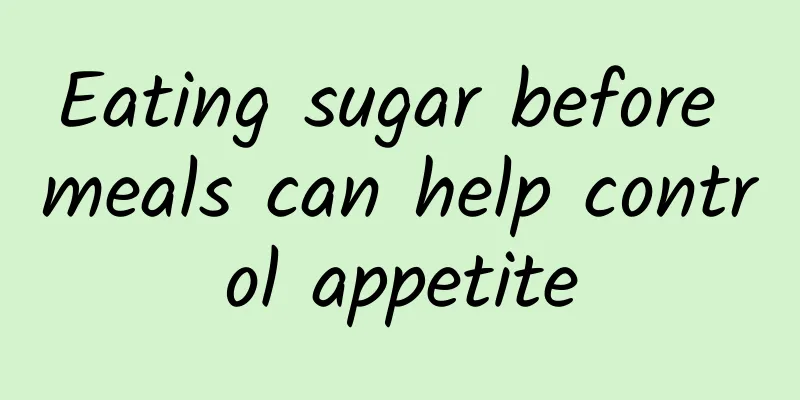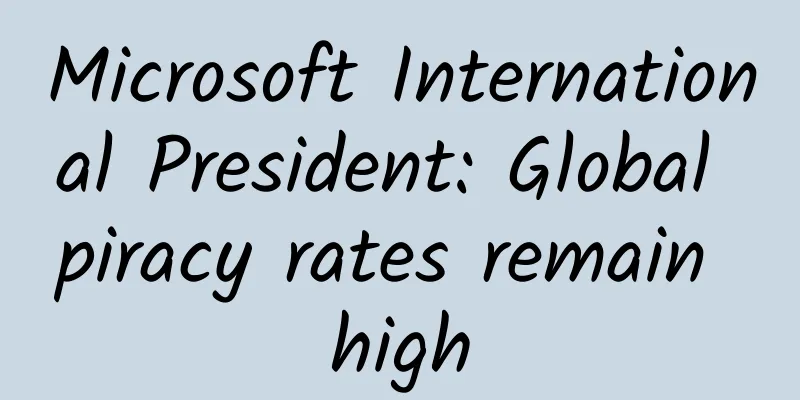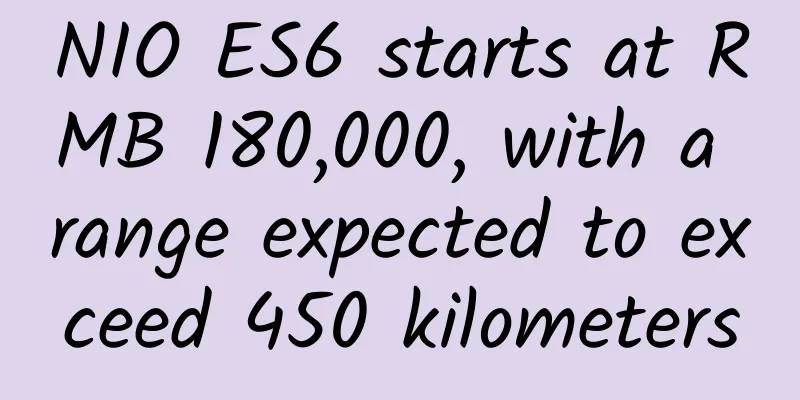Eating sugar before meals can help control appetite

|
In the past two or three years, everyone who pursues health has known the importance of controlling sugar levels. Many people have heard that eating sugar will make you fat, increase your blood sugar, cause metabolic disorders, and promote skin aging. The fear of sugar has permeated the development of various products. Biscuits, bread, cakes, yogurt, and even fermented bean curd have sugar-free versions. Is eating sugar necessarily harmful? Eating a small amount of sugar before a meal may automatically cause people to eat less during the meal, a recent German study suggests. The subjects of this study were healthy young men, and they had a wide variety of food for dinner in the form of a buffet, including bread, desserts, meat, milk, fruits and vegetables, etc. To avoid the placebo effect, the researchers used a placebo double-blind controlled study design, in which both the sugary food and the placebo to be eaten before the meal were made into capsules. About half of the sugar capsule is honey powder and the other half is maltodextrin. The total weight of the capsule is 6.8 grams. Maltodextrin is a hydrolyzed starch fragment with low sweetness, but the calories are the same as sugar. It is quickly absorbed by humans and has a higher glycemic index than honey. Placebo capsules were also made that looked identical but contained only cellulose powder, which the human body cannot digest. The study found that if the subjects swallowed a 26 kcal sugar capsule 30 minutes before breakfast and then ate a buffet, they could reduce their voluntary calorie intake by 168 kcal compared to a placebo. Since sugar only has 26 kcal, eating the sugar capsule first can reduce calorie intake by 142 kcal. The researchers confirmed that eating less was a result of taking the sugary capsules, as taking the placebo did not have this effect. 6.8 grams of carbohydrates is about the same as a piece of candy bar. But the body feels it. From this experiment, it can be inferred that if you eat a piece of candy before a meal, you will not have such a strong appetite during the meal and will not rush to stuff too much food in. This is helpful for preventing overeating and is also good for preventing obesity. A study on appetite more than a decade ago found that drinking a cup of sugar water before a meal, about 20 to 30 minutes before a meal, can help reduce appetite and reduce food intake during the meal. The timing of food/drink intake before a meal is particularly important. Drinking too early or too late will not be effective. Studies have also shown that drinking some sugar water 30 minutes before a meal, which contains 10 to 20 grams of sugar, whether sucrose, glucose or fructose, can help reduce the post-meal blood sugar peak and make the blood sugar curve more stable. Fructose has a better effect. ——Since humans love sweetness so much, there is reason to believe that sweetness must have certain benefits. Of course, the premise is to eat in moderation. Eating too much fructose not only promotes fat synthesis, but also reduces insulin sensitivity. However, some studies have shown that if you consume 7-10 grams of fructose while consuming glucose and starch, it is also beneficial to improve glucose metabolism in the liver. As the old saying goes: the dose determines the toxicity. The same is true for the nutrients in food. Just because eating too much sugar is bad doesn’t mean that eating just one bite is bad. After all, many people think that a little sweet food during the day will increase their sense of happiness. What if you eat less sugar before meals, or exercise a little more, to burn off these calories? From the perspective of controlling appetite, eating some sugary food before meals is actually a strategy worth considering. However, there are other options compared to eating candy bars and drinking sugary drinks. Eating some fruit or dried fruit before you feel overtly hungry may have a similar effect. According to current research results, eating something 30 minutes before a meal is more or less helpful in controlling appetite and improving blood sugar levels after a meal. This way of eating is called "preload." The mechanism of carbohydrates as a pre-meal load has not yet been fully studied, but there is evidence from multiple studies that eating some sugar or starchy foods half an hour before a meal can reduce food intake or stabilize blood sugar. I guess that a small amount of food can prepare the body for the upcoming large amount of food, just like doing a drill before a battle. At the same time, getting food half an hour earlier may have the effect of preventing overeating and preventing large fluctuations in blood sugar. We all have this experience: when we eat after being extremely hungry, we tend to have a strong appetite, eat voraciously, have difficulty controlling our food intake, and eat more than usual. This can also cause excessive fluctuations in blood sugar and blood lipids after a meal. The ancient Chinese health-preserving philosophy believes that the way to keep healthy is to "eat before you are hungry and drink before you are thirsty", which means that you should eat before you feel too hungry and drink before you feel too thirsty. This philosophy is in line with scientific reasoning. In short, eating a small amount of sugary food before meals may be helpful in controlling appetite and blood sugar. ——You can eat candies, dried fruits like dates and raisins, or starchy foods. ——The best time to take it is 30 minutes before meals. Too long or too short will not be good enough. ——The quantity must be controlled. Studies have shown that a few grams to a dozen grams of sugar/starch is enough to produce the effect. If you really like sweets, eat them before your morning meal. Eat only a small piece at a time. This will make breakfast more satisfying while also preventing you from overdosing on sugar. If you go to a buffet and are tempted by dessert, eat a small piece of your favorite at the beginning of the meal before moving on to the rest of your food. Even though eating sugar is harmful to your health, you can avoid its harm by eating it at the right time and strictly controlling the amount. Related Literature: Richter J, et al, Exiguous premeal saccharide intake reduces subsequent food intake in men. European Journal of Nutrition, 2021, 60: 3887–3895 |
<<: How to make restaurant-quality ramen? Teach you to become a noodle-eating expert in 30 seconds!
Recommend
We are both doing ocpc, why is yours not producing enough volume and has no effect?
Optimizing oCPC is a challenge that must be faced...
How to operate Weibo? Sharing of Weibo operation ideas
Recently, many people have asked me how to operat...
Recycling and value empowerment: the "retirement" journey of power batteries
This year is the year when the energy shortage ph...
Coca-Cola's new slogan: How to kill the self-discipline villain
Some time ago, Coca-Cola changed its new slogan: ...
Toy Mini Program Franchise Price Query, How much is the Toy Mini Program Franchise Price?
How much does it cost to join the Dongguan Toys M...
NetQin Youth successfully held a children's open day. The design of "future car" stimulated the imagination of children
"In the future, cars can not only be used fo...
Event operation and promotion | Large company event operation process and routines!
Activities are an effective means to drive rapid ...
Musk: Tesla Autopilot will be fully autonomous "soon"
According to foreign media reports, Tesla CEO Elo...
JD+, the smart JD product, enters 751D•LAB Design is the next watershed of smart products
Every September, there is always a large group of...
A self-media blogger was almost blinded by the "atmosphere light"? Don't turn the light too bright!
Even video bloggers have become high-risk jobs. W...
Is "Shake" the peacemaker between TV and the Internet?
The 2015 Lunar New Year was a little later than u...
Smartisan Phone: The next Xiaomi?
It is late May, and the wave after wave of mobile ...
Chrome update for iOS: Can replace Safari as the default web browser
In iOS 14, if users don’t like native Safari and ...
Traffic generation promotion framework
I have shared cases about fission drainage before...
B station's "soft core" marketing
2020 is the year when Bilibili’s marketing began ...







![[Smart Farmers] A Picture to Understand丨The "Unpopular" Alien Invasive Species: Mosquitofish](/upload/images/67f251b076a55.webp)

